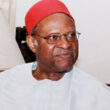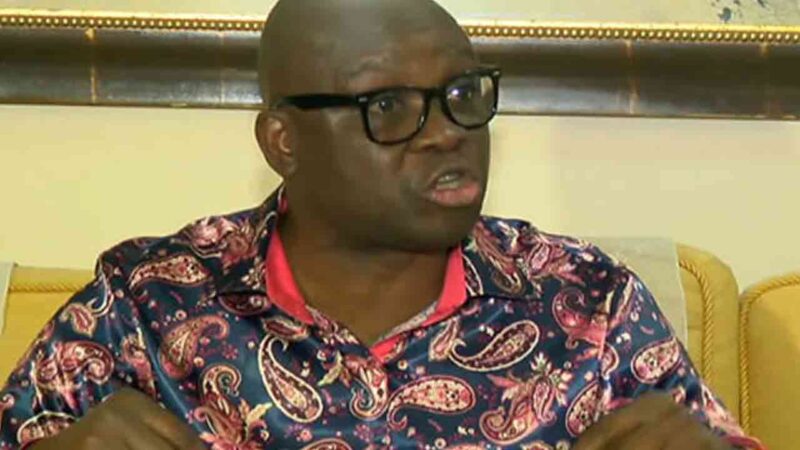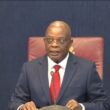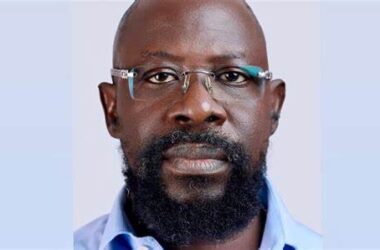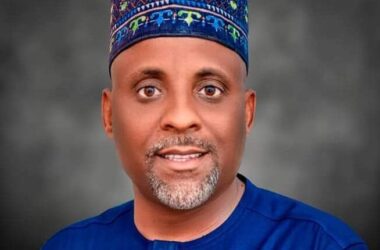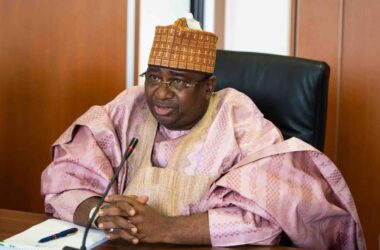Former Ekiti State Governor, Ayodele Fayose, on Monday submitted a no-case application at the Federal High Court in Lagos, insisting he has no case to answer in the N6.9 billion fraud trial brought against him by the Economic and Financial Crimes Commission (EFCC).
Appearing before Justice Chukwujekwu Aneke, Fayose was represented by former Attorney General of the Federation, Chief Kanu Agabi (SAN). The second defendant in the matter, Spotless Investment Limited, was represented by Olalekan Ojo (SAN).
The EFCC has accused Fayose and the company of involvement in an 11-count charge, including stealing and money laundering. These allegations stem from events around the 2014 governorship election in Ekiti State, where the EFCC believes over N6.9bn was misappropriated.
Agabi, in his submission dated July 16, 2025, argued that the EFCC had failed to provide sufficient evidence to support its claims. He questioned why a key individual in the case, Abiodun Agbele — who was allegedly involved in the transaction of the funds — was not charged along with the former governor.
He noted, “The predicate offences on which these charges are based do not hold water. Criminal breach of trust and conspiracy are distinct charges, and no co-conspirator was docked with the defendant.”
Ojo, representing Spotless Investment, also stood by the no-case application filed in March and updated in May. He questioned the reliability of one of the prosecution’s key witnesses, former Minister of State for Defence, Senator Musiliu Obanikoro.
He noted that during cross-examination, Obanikoro admitted that there was no direct contact between Fayose and the former National Security Adviser, Colonel Sambo Dasuki, weakening the foundation of the EFCC’s case.
Responding, EFCC lawyer Rotimi Jacobs (SAN) urged the court to reject the no-case submissions. He pointed to suspicious money transfers and property purchases made through proxies. Jacobs asked why Fayose didn’t use his own bank accounts if the money was legitimate.
Jacobs also referenced statements made by EFCC investigator Abubakar Madaki, who noted that some properties allegedly bought by Fayose were registered in the names of associates who later denied ownership.
“If the money was clean, why didn’t he acquire the properties in his name?” Jacobs questioned. He added that Obanikoro’s statement claiming Fayose requested the funds and assigned Agbele to receive them was strong enough to require a defense.
Following the conclusion of arguments, Justice Aneke granted Fayose temporary permission to travel abroad for medical reasons. The case was adjourned to July 10, 2025, for a ruling on the no-case application.
Fayose was first charged in 2018 before Justice Mojisola Olatoregun, who has since retired. The case was reassigned to Justice Aneke. The EFCC claims the former governor received N1.2bn for campaign activities and another $5m in cash from Obanikoro, all outside official financial channels.
The commission also alleges over N1.6bn was laundered through companies like De Privateer Ltd and Still Earth Ltd — actions said to violate the Money Laundering (Prohibition) Act of 2011.



